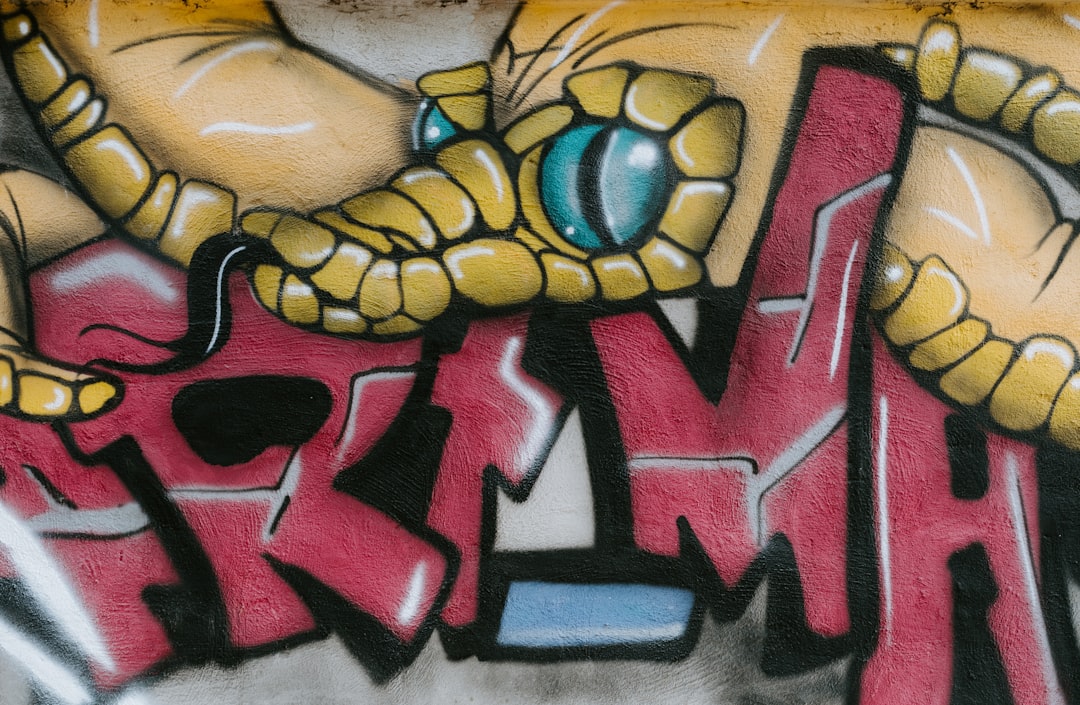Pennsylvania's Native American communities face challenges addressing elder sexual abuse due to historical and cultural factors. Specialized legal aid from elderly sexual assault lawyers PA offers crucial support for victims, navigating justice and systemic changes through legislation like the Elder Abuse Prevention Act. Community-based organizations provide counseling, support groups, and awareness campaigns, fostering healing and accountability.
Pennsylvania is taking significant steps to combat elder sexual abuse within its Native American communities, a pressing issue that demands urgent attention. This article delves into the unique challenges faced by elders in these communities and explores state efforts to provide legal frameworks, support resources, and justice for victims. With an increased focus on indigenous rights, understanding and addressing elderly sexual assault becomes imperative for Pennsylvania’s legal system and care providers. Elderly sexual assault lawyers in PA play a vital role in navigating this complex landscape, advocating for victims, and contributing to these critical initiatives.
Understanding Elder Sexual Abuse in PA Native Communities
In Pennsylvania, addressing elder sexual abuse within Native American communities is a complex issue that requires a nuanced understanding. Elderly individuals in these communities face unique challenges due to cultural, historical, and socioeconomic factors, making them more vulnerable to sexual exploitation and assault. According to recent studies, cases of elderly sexual assault are often underreported, with many victims facing barriers such as language difficulties, lack of awareness of their rights, and fear of retribution from abusers within their close-knit communities.
Pennsylvania’s efforts to combat this issue involve collaborations between local tribes, government agencies, and non-profit organizations. Legal advocacy plays a crucial role, with elderly sexual assault lawyers PA providing essential support to victims seeking justice. These professionals help navigate the legal system, ensure proper documentation of crimes, and advocate for policies that protect Native American elders while addressing systemic issues contributing to these incidents.
Legal Frameworks: Elder Abuse Prevention Laws in Pennsylvania
Pennsylvania has implemented comprehensive legal frameworks to combat and prevent elder abuse, including sexual assault, within its Native American communities. The state’s laws aim to protect vulnerable elders by establishing clear guidelines and penalties for perpetrators. Key legislation includes the Elder Abuse Prevention and Protection Act, which defines elder abuse and outlines specific criminal offenses, such as exploitation, neglect, and physical or sexual assault.
These laws empower law enforcement and healthcare professionals to intervene and hold accountable those who target elderly individuals in Native American communities. Additionally, Pennsylvania offers legal resources and support for victims of elderly sexual assault through specialized organizations and dedicated lawyers, ensuring they receive the justice and care they deserve.
Strategies and Resources for Support and Justice for Victims
Pennsylvania has implemented various strategies to address elder sexual abuse within Native American communities, offering crucial support and resources for victims. One significant step is the establishment of specialized legal aid programs focused on assisting elderly victims of sexual assault. Elderly sexual assault lawyers in PA play a vital role by providing free legal services, ensuring justice for victims, and helping them navigate complex legal systems. These lawyers offer counseling, representation, and advocacy to those who have experienced abuse, empowering them to take control of their healing process.
Additionally, the state has funded community-based organizations dedicated to raising awareness about elder sexual abuse, offering support groups, and providing safe spaces for victims to share their stories. These resources are instrumental in fostering a culture of healing and accountability, addressing the profound impact of such crimes on Native American elders.






